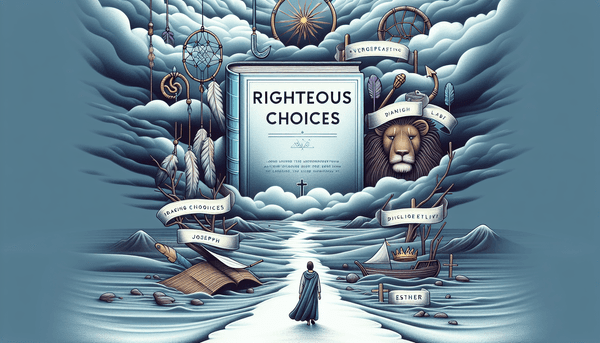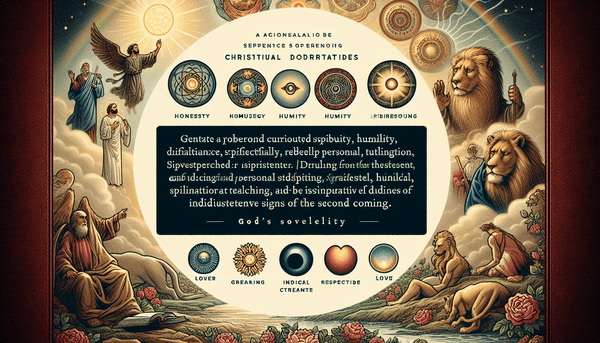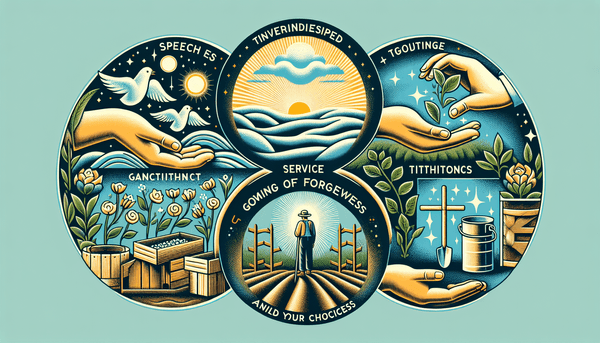Biblical Characters Who Chose Right Over Easy
In the annals of Biblical history, several figures stand out for choosing the righteous path over the convenient one. Daniel, with an edict that could lead him to the lions' den, continued to pray thrice daily, a testament to his unshakeable devotion (Daniel 6:10-23). Esther showed incredible courage when she approached the king unsummoned to plead for her people's salvation, risking her own life in the process (Esther 4:11, 7:3). Shadrach, Meshach, and Abednego, facing a fiery furnace, refused to worship an idol, asserting their faith that God could deliver them, but even if He didn't, they would not serve false gods (Daniel 3:16-18). Their stories embody the Biblical principle that righteousness and justice outweigh ritual sacrifice (Proverbs 21:3), and that those who persevere under trial will be blessed (James 1:12).
Conclusion
The exploration of Biblical narratives, such as the harmonizing of Biblical creation with evolutionary science, underscores the enduring importance of examining scriptural precedents for guidance in the face of tough ethical dilemmas. The courage and righteousness displayed by Biblical characters in the midst of adversity offer us invaluable lessons on faith, integrity, and the pursuit of justice. As we conclude, it is crucial for believers to remember the power of prayer, the wisdom of seeking God's will, and the inspiration we can draw from those who have walked before us in faith. In our quest to navigate complex real-world scenarios, we must strive to uphold Biblical principles, affirming the value of life and the commitment to peace.
FAQ
Q: How did Joseph demonstrate doing the right thing in the face of adversity?
A: Joseph demonstrated doing the right thing by resisting temptation, maintaining his integrity while unjustly imprisoned, using his gifts for the good of others, and ultimately forgiving his brothers, recognizing God's purpose in his trials.
Q: In the Bible, are there instances where people defended themselves or others from harm?
A: Yes, there are instances in the Bible where people defended themselves or others. One example is when David fought Goliath to defend his nation (1 Samuel 17). However, the Bible also teaches the value of human life and the commandment 'You shall not murder' (Exodus 20:13).
Q: What does the Bible teach about the value of human life?
A: The Bible teaches that human life is sacred and created in the image of God (Genesis 1:27). The commandment 'You shall not murder' (Exodus 20:13) reflects the value that God places on human life.
Q: Should Christians seek peace and avoid violence?
A: Yes, Christians are called to seek peace and pursue it (Psalm 34:14). Jesus taught his followers to love their enemies (Matthew 5:44) and to turn the other cheek in the face of violence (Matthew 5:39), emphasizing the importance of peace and reconciliation over retaliation.






